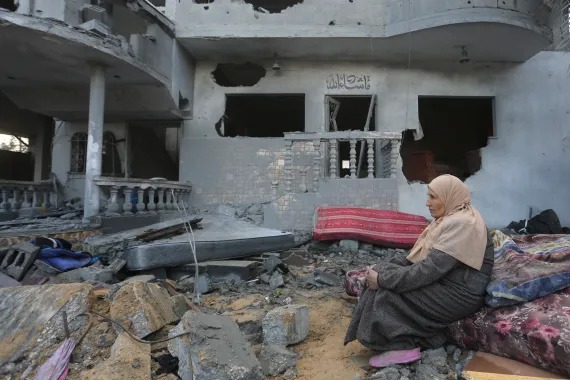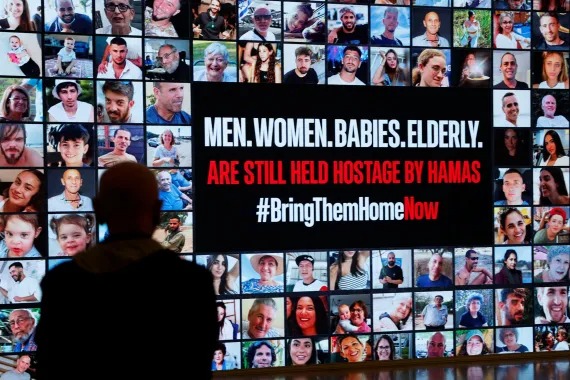In a significant diplomatic turn, Israel and Hamas have agreed to a temporary pause in the Gaza conflict, coupled with the release of captives, showcasing the potential of diplomatic interventions. Advocates in the United States commend the development but emphasize that it falls short of a lasting solution. As the Biden administration welcomes the deal brokered with the assistance of Qatar and Egypt, questions linger about the future of the conflict and the efficacy of diplomatic efforts.
Advocates Rally for Long-term Ceasefire Amid Fragile Truce
While the temporary ceasefire is a crucial respite for affected families, advocates stress that it is just a stepping stone. Hassan El-Tayyab from the Friends Committee on National Legislation emphasizes the need to build momentum for a permanent ceasefire, the return of hostages, unhindered aid access, and a comprehensive peace solution. The four-day pause is viewed as a critical opportunity to assess the situation and push for sustained diplomatic efforts.
Biden Applauds Deal, but Uncertainty Looms Over Future Conflict
President Biden appreciates the commitment of Israeli Prime Minister Benjamin Netanyahu and his government to the extended pause but remains silent on the conflict’s future. The Biden administration’s call for “humanitarian pauses” without endorsing a ceasefire has sparked debate. As the truce unfolds, the key question is whether negotiations will prevail or if the region will revert to the cycle of violence witnessed over the past six weeks.
International Concerns and Calls for Accountability
Amid the fragile truce, international observers and rights groups express concerns about the potential aftermath. Nancy Okail from the Center for International Policy sees the pause as a positive step but calls for extending the halt in violence to the West Bank. With more than 14,500 casualties in Gaza and ongoing displacements, there are growing calls for independent observers to assess the situation. Meanwhile, fears linger that renewed bombing post-truce may target densely populated areas, adding to the urgency of a political solution.
















